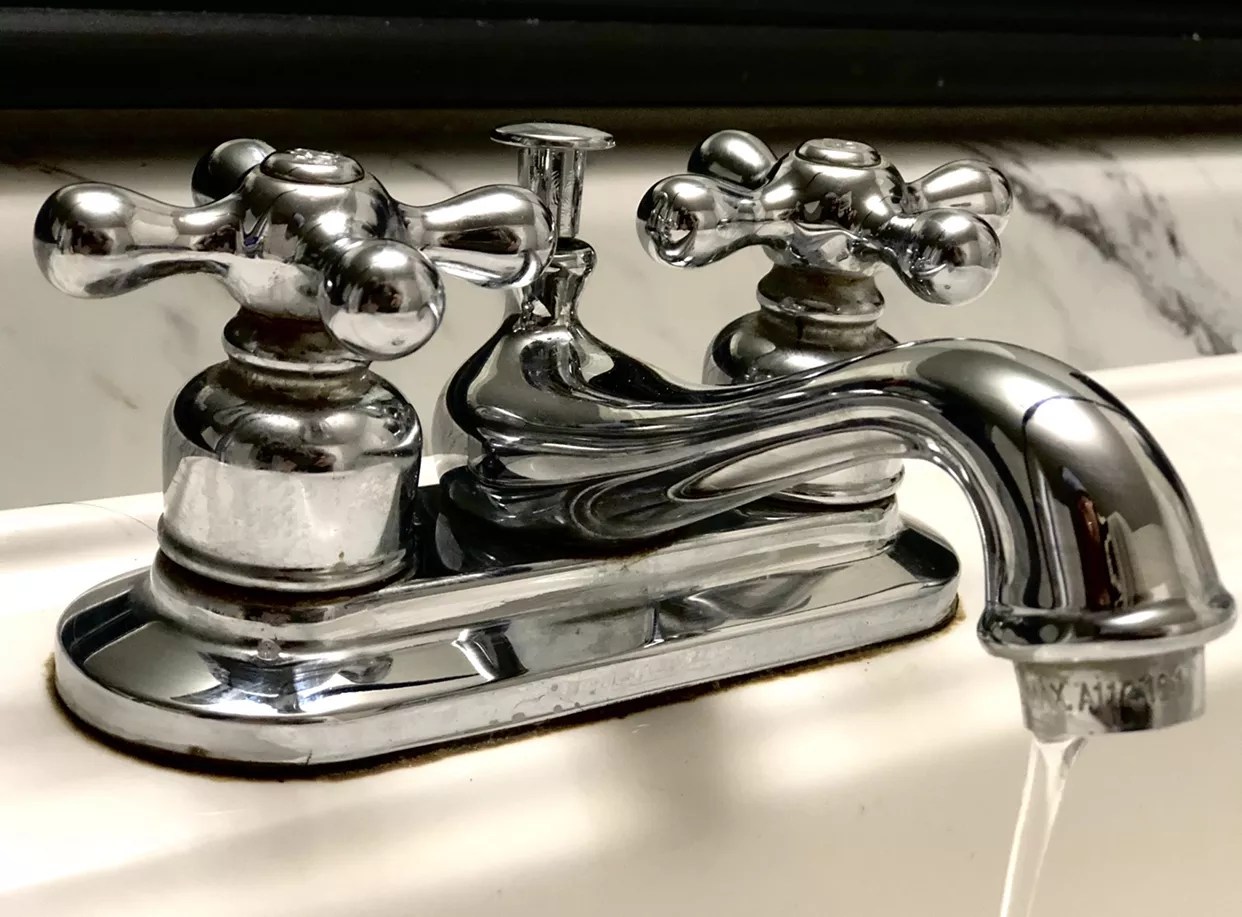
Jacob Vaughn

Audio By Carbonatix
Dozens of neighborhoods throughout Dallas don’t have access to city water and sewer services. City Council has been trying to fix this problem for decades. Now, the Biden administration’s pandemic relief package, the American Rescue Plan, may speed up the process.
The plan is meant to provide help to individuals and governments recovering from the COVID-19 pandemic. It also provides $350 billion for states, tribes, territories and local governments “to make necessary investments in water, sewer or broadband infrastructure,” according to the legislation.
City Manager T.C. Broadnax allocated some city money in the 2020-2021 budget to target the parts of Dallas without proper water service. The goal is to eliminate all 46 such occupied areas in Dallas within the next decade.
Fixing those areas is estimated to cost $33 million. Completing so many projects in 10 years, especially considering the complexity of some of them, is going to be tough, assistant Dallas Water Utilities director Richard Wagner said. But the city has the chance to cut that timeline to just three years with funds from the American Rescue Plan. The timeline can be accelerated, in part, because the federal funds must be spent by 2024.
City staff has recommended the council approve $35 million from the aid package to go toward expanding water service.
“I can’t imagine any reason to delay this and am happy we can resolve it so quickly,” Cara Mendelsohn, District 12 City Council member, said at a meeting Wednesday.
Herman Embry lives on Royal Oaks in council member Tennell Atkins’ District 8. He told NBC that when his washing machine is running, he can’t flush his toilet, otherwise the septic tank will run over. His neighborhood of 53 other homeowners doesn’t have any city sewer lines.
“We’d all love to get rid of these septic tanks. They fill up and run over. Then it costs $350 to have it pumped out,” Embry told NBC. While it doesn’t have wastewater services, the neighborhood at least has clean drinking water. Others aren’t as lucky.
District 8 has the most of these unserved areas with 24. District 3 comes in second with 11. Both are on the city’s southern side. Districts 9 through 14 in the northern half of the city do not have any unserved areas.
Why don’t these places already have this infrastructure? Some of them were annexed by the city decades ago and didn’t have water and sewer lines then. Other areas may have been developed before codes required water and wastewater services to get building permits. These areas still have access to private water wells and septic systems that are safe, just not systems provided by Dallas.
Dallas started what’s called the Unserved Areas Program in 1998 with the goal of identifying places without city water lines. At the time, 125 areas lacked water or wastewater services. The city has been able to get that number down to 61, 46 of them occupied.
These water and wastewater infrastructure shortfalls aren’t exclusive to Dallas or Texas as a whole. Municipalities across the country are facing similar issues and will now have the federal funds available to fix them.
In a statement, Adam Krantz, CEO of the National Association of Clean Water Agencies, said Biden’s legislation “makes it clear that water is a serious priority for this Congress and the Administration.”